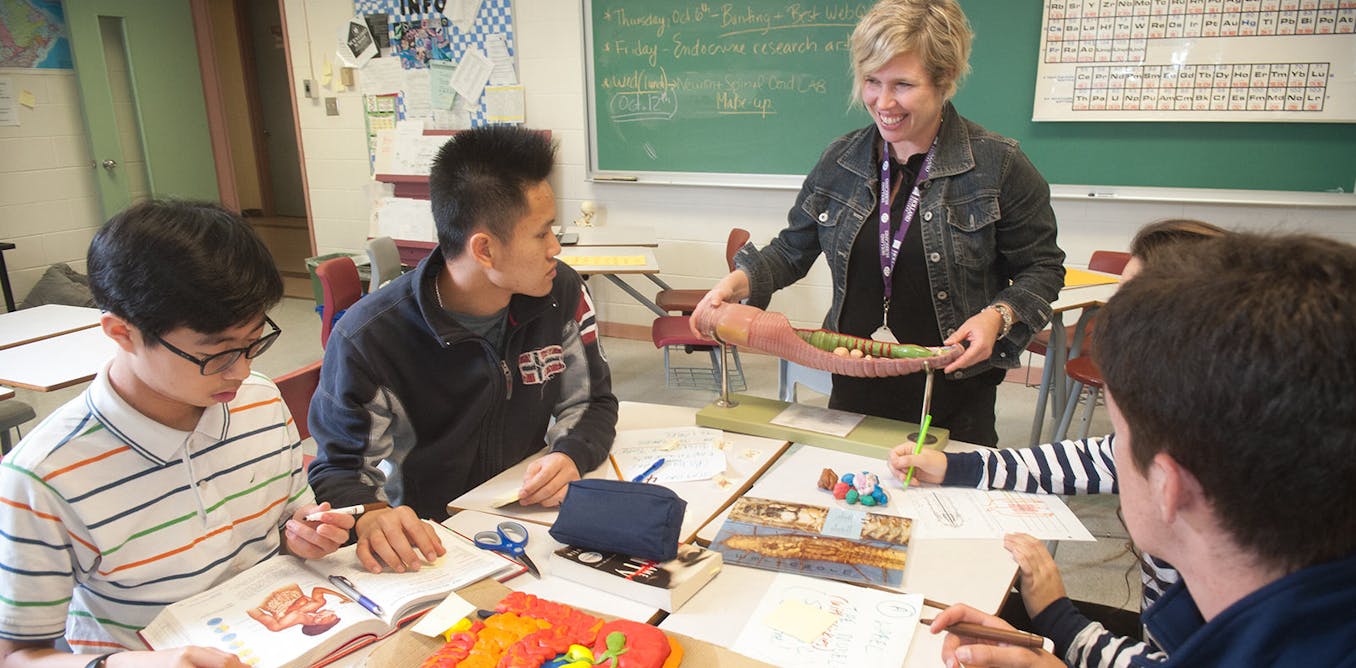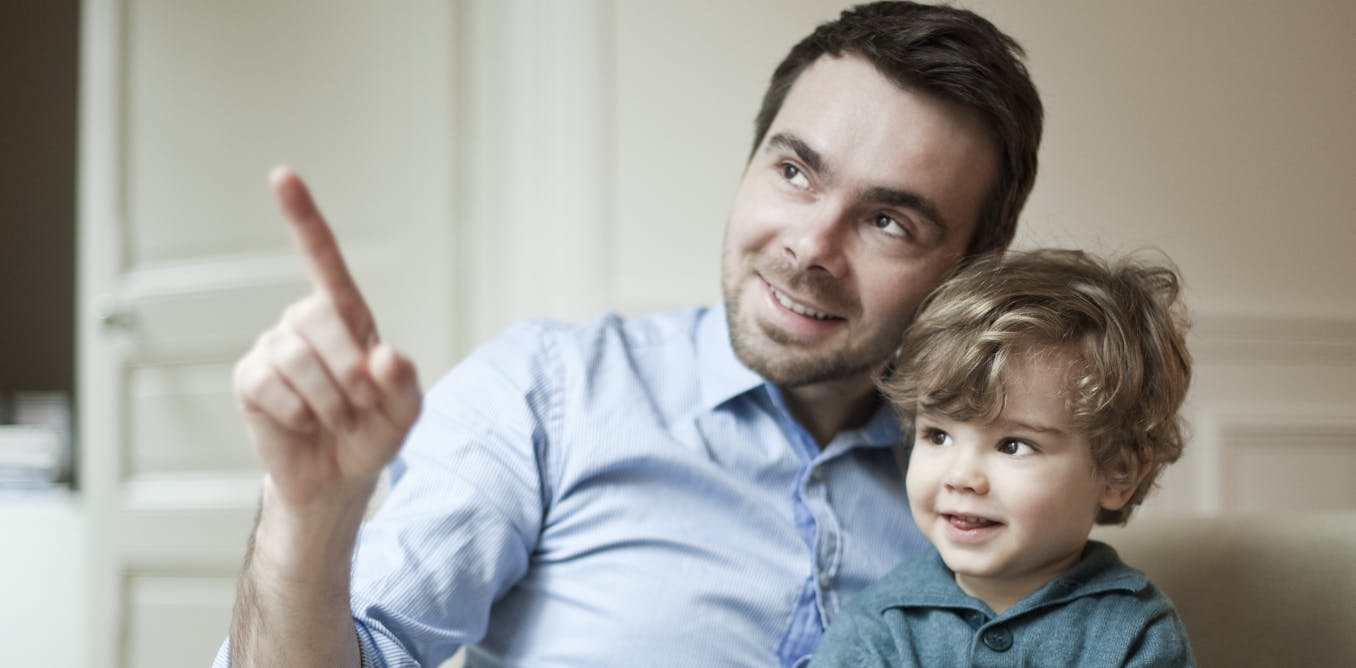The same people excel at object recognition through vision, hearing and touch – another reason to let go of the learning styles myth
The idea that each person has a particular learning style is a persistent myth in education. But new research provides more evidence that you won’t learn better in one modality than another.
Aug. 14, 2023 • ~9 min









